You log in to Credit Karma and you suddenly see your score went down by some points. You try to see why but you can’t figure it out.
This post is for you! In this post, we’ll go through all the potential reasons that I often see for people’s scores dropping. After reading this post and then taking another look at your credit report against all these items listed, I’m sure you will have a clearer picture of why your credit score suddenly dropped.
First step first
First, get a copy of your credit report so that you can check on all the items pointed out below. You can get your credit reports for free at annualcreditreport.com or by signing up for a free account at Credit Karma (to view your Transunion and Equifax reports), or for Chase Credit Journey (to view your Experian credit report), and more.
1. Check your credit card balances
The most common reason I see consumers’ credit scores drop is due to an increase in credit card balances, aka credit utilization.
Credit utilization is how much of your credit limit you spend. The less you spend with your card (meaning, the lower your balance), the higher your credit score will be. Every card has its own magic number of how much to spend.
Now, if you search the web for “how much of my credit limit should I spend?” you’ll see the number 30% being thrown around. That number isn’t 100% correct- only Experian and certain scoring models go according to that.
According to Equifax and TransUnion (aka majority), the recommended percentage of how much you should spend is below 9% of your credit limit.
Let’s say your credit limit is $1,000. 9% of that would be $90.
So, your first tip is to check on your credit report each account one by one and make sure your credit utilization for each card is prefecto. If you find any credit card that has a maxed out balance or even a balance that’s more than 9% of your credit limit or even worse above 29% of your credit limit then that’s most probably the reason you saw your credit score drop.
Credit utilization is very easy to fix. Just pay your balances and wait till the balance is reported as paid to the credit bureaus. Once the balances are reported as paid to the credit bureaus then you should see your credit score shoot right back up to where it was before or even higher!
Moving forward, be sure to keep an eye out if you spent 9% already.
Read this post for cool tips on how to get your new utilization reported to the credit bureaus asap.
Average score drop due to this reason: 30- 150 points
2. Check for late payments, collection accounts, bankruptcy, etc
Review all three credit reports to check that no late payments, collections, bankruptcy, etc popped up on your credit report. Negative late marks account for 35% of the Fico scoring model and can be the reason your score should drop from one second to the next with 100 or even 200 points!
Of course, you also want to check your credit report to make sure there are no negative errors found on your credit report. A Federal Trade Commission Study in 2013 found that one in four consumers found errors on their credit reports that could impact their credit scores.
If you find a late payment the first thing you should do is pay it to insure the late doesn’t get any worse. If the late payment is already 90 days late or more or it’s already in collection then paying now will not really help. You should double-check the accuracy of the late payments. If you find that the late payments or collections are not being reported accurately then you have the right to dispute them with the credit bureaus and directly with the furnisher.
If the late payments are reported accurately then they will come off your credit report after 7 years. But be extra cautious going forward that all your payments are made on time as the second late payment will have a bigger impact on your credit score than the first one since you will be considered a repeat offender.
Read this post on an estimated time frame of how long a late payment will affect your credit score.
Average score drop due to this reason: 100- 200 points
3. Check for recent credit inquiries
New credit inquiries can affect your credit score slightly but usually not significantly. If you find several inquiries on your credit report within the last 12 months then this can possibly be the reason your score fell.
Within the next 12 months hold off from applying for new loans so you don’t get hit with additional credit inquiries. As the previous inquiries age, you will slowly see your score rise back to its original glory.
Average score drop due to this reason: 10- 20 points
4. New accounts or new loans
When a new credit card or mortgage loan shows up on your credit report your score will drop. With a credit card, your score will only drop slightly. With mortgage or auto loans the effect can be more significant. So check your credit reports for new accounts that recently may have appeared on your credit report.
If you want to see your score rise back up, then hold off from applying for any new loans and slowly watch your credit score increase as the new account ages. With new accounts, it usually takes 3-6 months for your credit score to hit back up to where it was.
Average score drop due to this reason: 10- 20 points for new credit card and 30-50 points for new mortgages or car leases
5. Open account are not active
If you have an old credit card but did not use it in the past few months, FICO will look at it as an inactive account and not count it as a positive account. This can cause your credit score to drop because you’re losing positive credit history from one or more of your accounts.
Review your credit report and look for a section called DLA (date last active). If the date shows past 3-6 months then just start using the credit card again and once it gets reported as used, your score will go back up.
Average score drop due to this reason: 10- 30 points (can be even more points if many of your cards are not used)
6. Accounts were closed
If one of your oldest three accounts are closed then this can affect your credit score as you’re losing the positive credit history.
You can try to call the bank to ask if they can reopen the closed accounts. If that’s not possible then tough luck. Just wait it out and slowly your score will rise back as you’re rebuilding your lost credit history by using your remaining active accounts. Just make sure that whichever accounts currently are one of your oldest three accounts then be careful that they should stay open and never be closed (you can be fooled once but not twice).
Average score drop due to this reason: 10- 30 points (sometimes more, depending on how much older this card was from your current oldest credit card, and how many cards were closed)
7. To many accounts with balances
Sometimes even if your credit card balances are all below 9% of your credit limit you will still see your score drop if you carry balances on all your credit cards. It’s recommended to have at least one credit card with no balance.
Average score drop due to this reason: 10- 30 points
8. For no reason. Healthy score drops
Credit scores are like your heartbeat, They will always rise and fall slightly. It’s healthy and normal. If you do not find any reason why your score may have dropped then the reason can be “nothing”. Credit scoring models are built to always compare your credit file against millions of other credit files and predict how likely you are to default. Even though you do nothing but just pay your bills on time and behave like a goody goody. It’s possible that the scoring model found that consumers that for example had “3 credit cards and hit 12 months in credit history “ started defaulting. That’s why you, who just now hit that milestone, are now being slightly affected by this statistic.
But don’t worry. You just continue doing what you’re doing and in the long run, you will see your score climb higher and higher.
Average score drop due to this reason: 10- 15 points


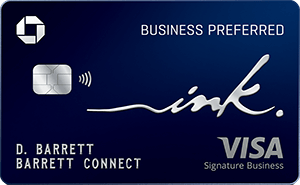
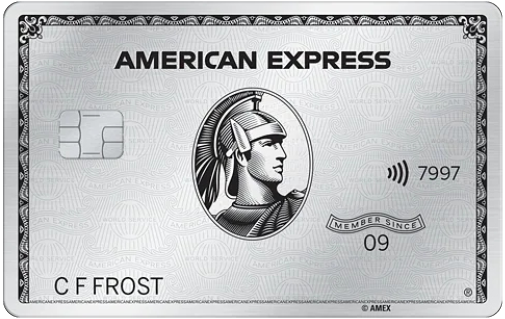
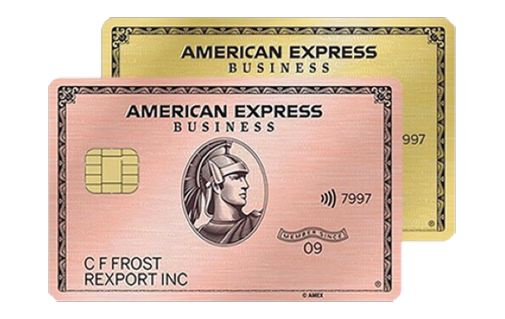


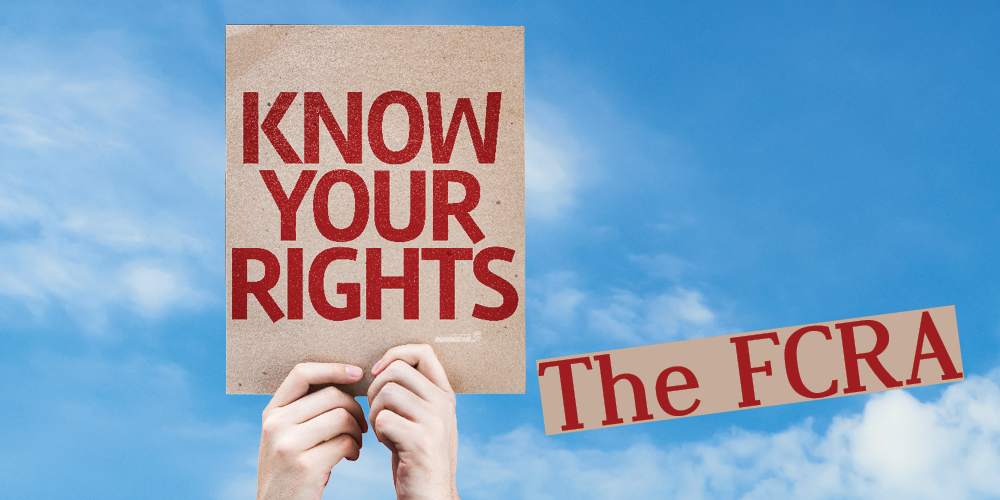
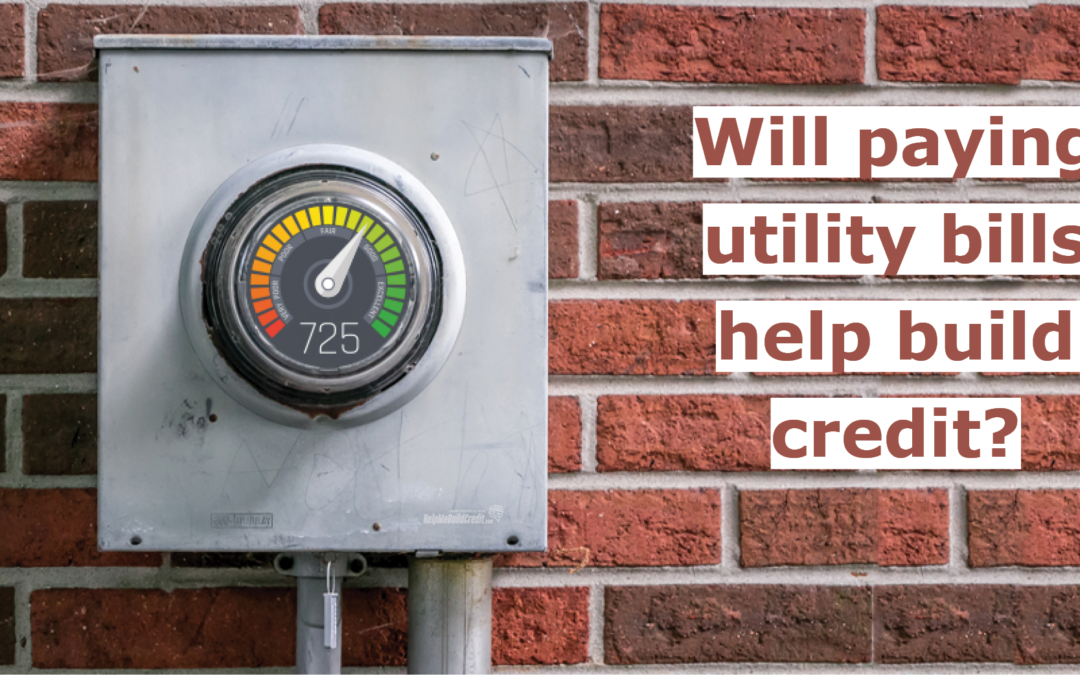
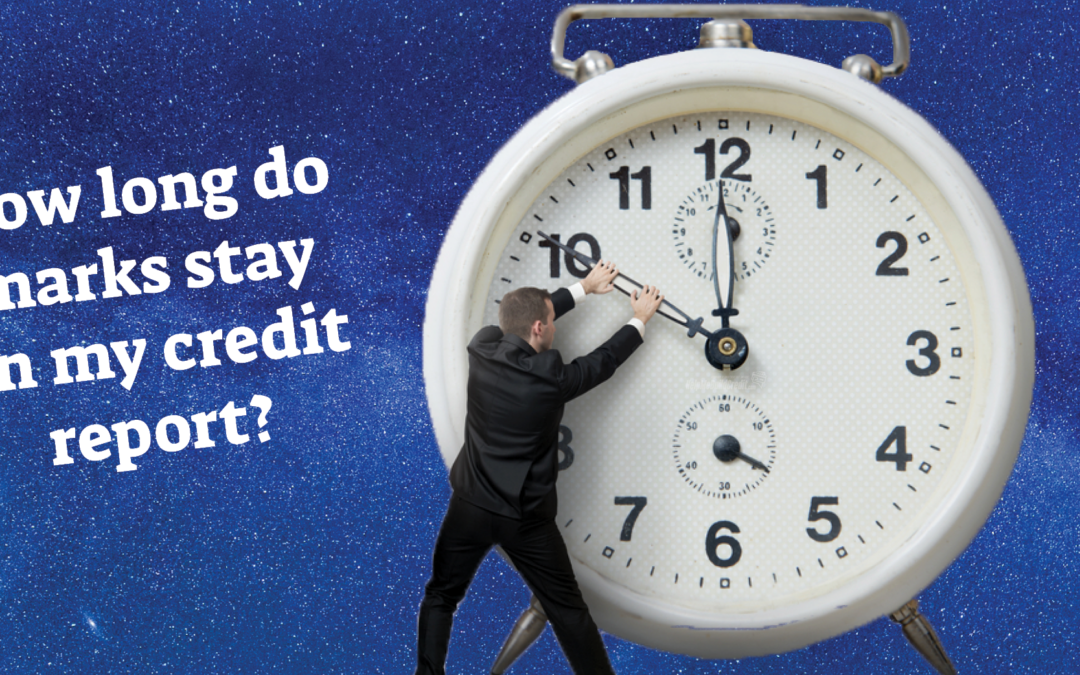
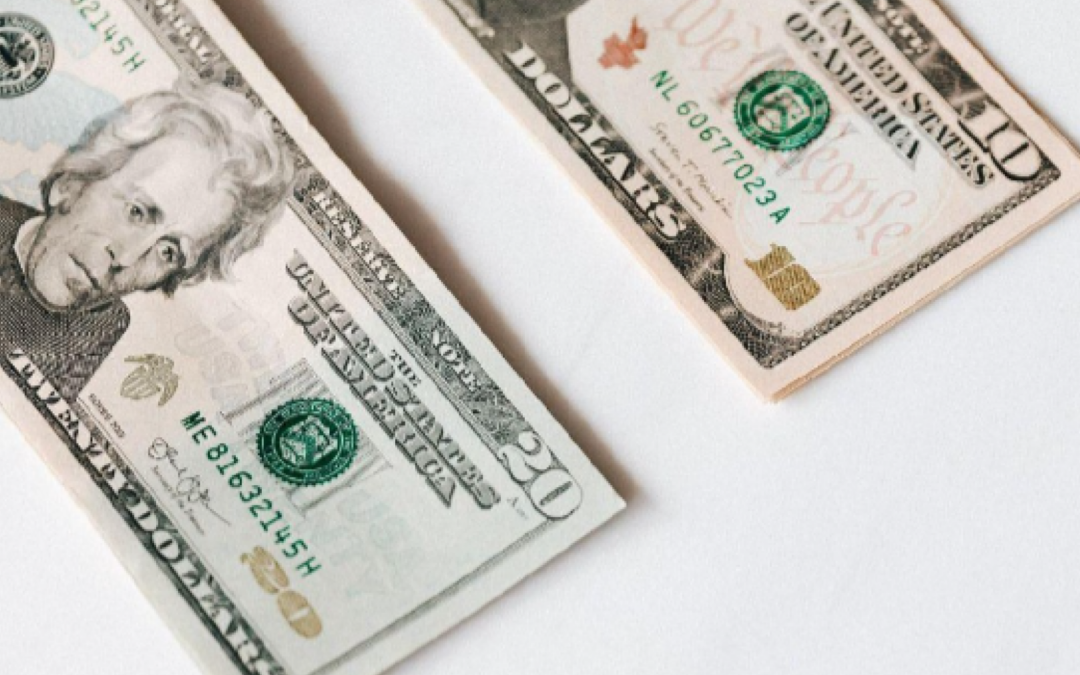


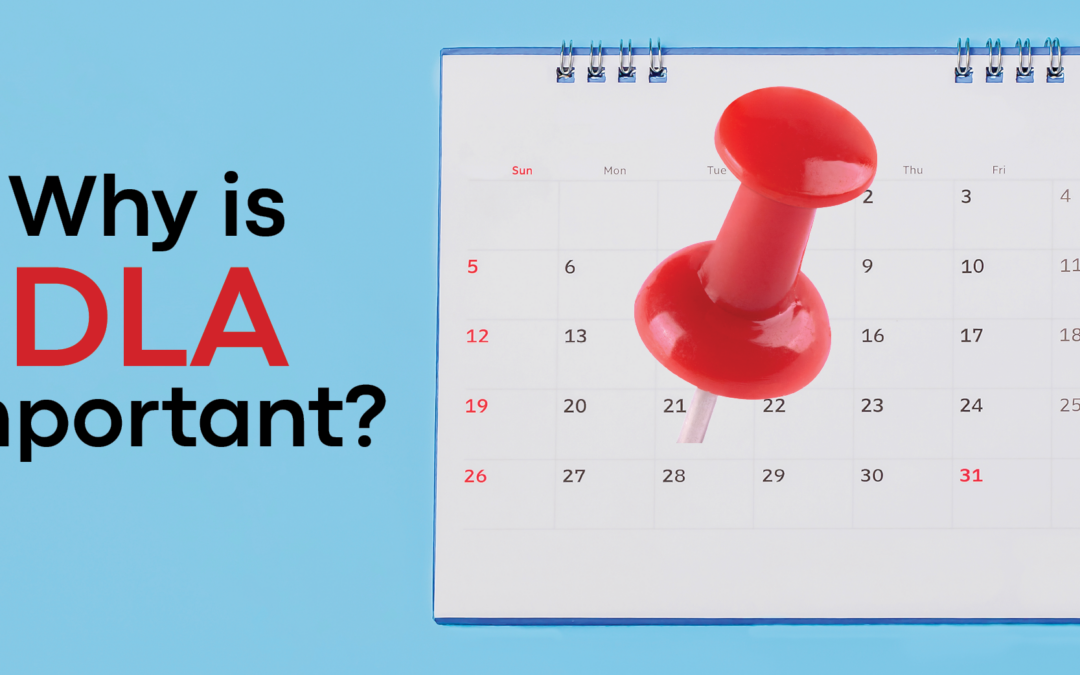
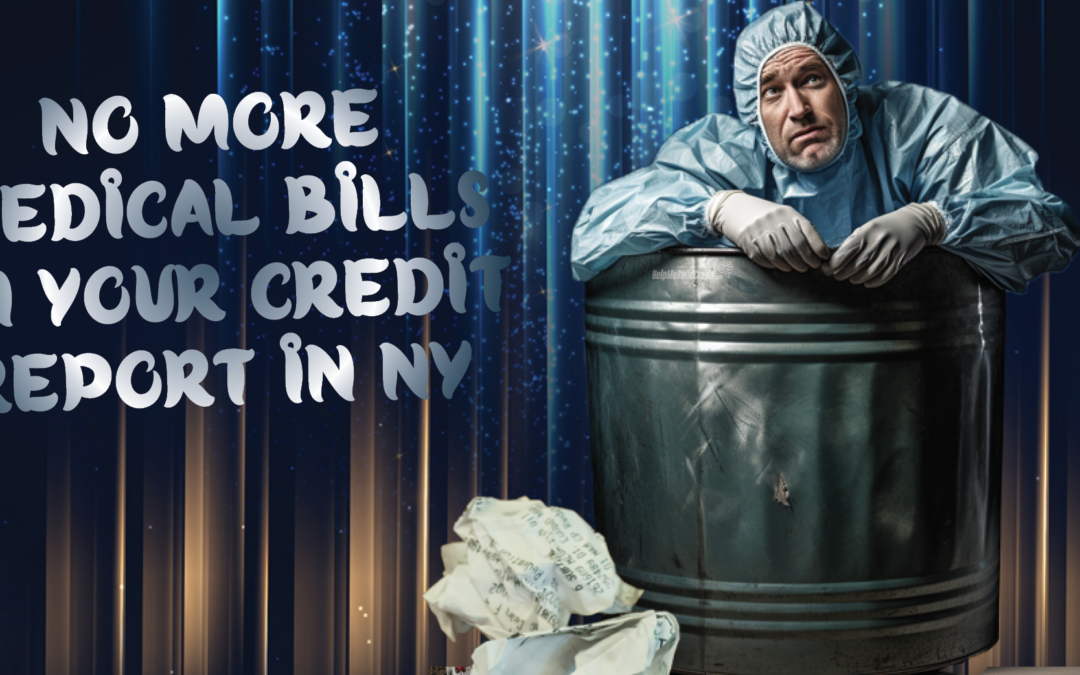


0 Comments